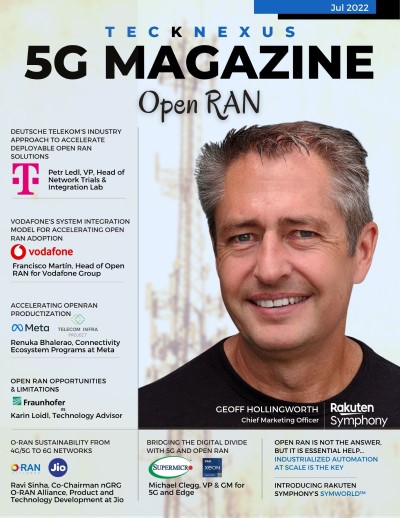TERAGO has established Canada’s premier 5G MMwave private network for Industry 4.0 research at McMaster University’s new Manufacturing Research Institute (MMRI) in Hamilton, Ontario.
Over the next three years, this network will enable researchers to test and develop advanced manufacturing technologies utilizing 5G MMwave capabilities. Offering high bandwidth, ultra-low latency, and support for thousands of devices, 5G millimeter wave networks can help industries reduce costs, enhance efficiency, and improve worker safety through augmented reality, high-speed vision systems, extensive industrial IoT deployments, and autonomous vehicles.
John Preston, Associate Dean of Research, Innovation, and External Relations at the Faculty of Engineering, expressed enthusiasm for the official launch of the 5G millimeter wave network in collaboration with TERAGO and the innovative advancements this partnership will bring to Canada’s industrial sector.
Stephen Veldhuis, MMRI Director and Braley-Orlick Chair in Advanced Manufacturing Engineering, highlighted McMaster University’s pioneering role in adopting a private 5G millimeter wave network for Industry 4.0 research. He shared excitement for the next stage of their partnership with TERAGO and the network’s operational status.
In November 2021, TERAGO and McMaster announced their collaboration, and since then, they have worked closely to develop use cases explored by researchers in McMaster’s new 21,000-square-foot advanced manufacturing facility, supported by TERAGO’s 5G MMwave private network.
Matthew Gerber, TERAGO’s CEO, expressed excitement about the launch of Canada’s first 5G millimeter private network at MMRI. He emphasized that their joint teams will demonstrate the benefits of a low-latency, high-speed millimeter private network for Canadian manufacturers seeking to boost capabilities, enhance efficiencies, and reduce costs.



























































